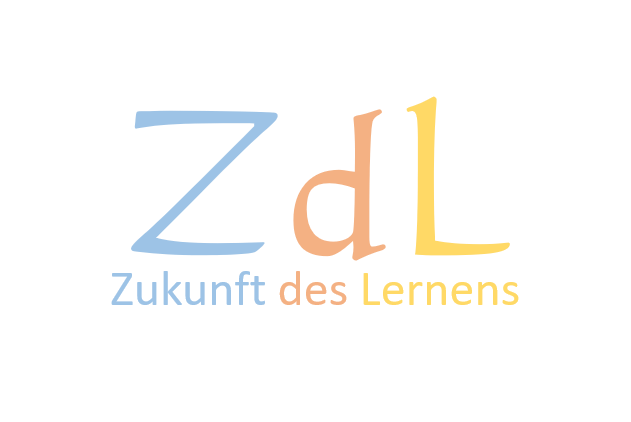#change11: Next mooc – new challenges and new opportunities
Some short facts
Facilitators of this mooc (massive open online course) are G. Siemens, S. Downes and D. Cormier – reason enough to participate, not only because these three have had over 10.000 participants in the various courses they’ve run since 2008. The new change mooc is starting with about 1300 participants. The concept reminds me a bit of that of the #opco11 mooc: with each week being facilitated with an online-session by an innovative thinker, researcher, and scholar. Over 30 of them. From 11 different countries. The draft schedule is available here. However here we´ve a duration of 35 weeks (September 12, 2011 – May 2012), and thus a much larger challenge.
Main questions to discuss
How does learning change when formal boundaries are reduced? What is the future of learning? What role with educators play in this future? What types of institutions does society need to respond to hyper-growth of knowledge and rapid dissemination of information? How do the roles of learners and educators change when knowledge is ubiquitous? Yes, and again, most of these questions were discussed in the #opco11 mooc, but now with a much more international group of participants and that makes it exciting!
The 1st week – Orientation Week
First of all: I think it’s important to register, because the daily newsletter is an good added value. The newsletter provides an easy introduction to the more connectivism. Here is the agenda for the first week: Monday: Personal Reflections; Tues: How to participate; Wed: Getting setup: blogs and gRSShopper; Thurs: Research projects in this open course; Fri: Your goals and expectations.
Expectations and warnings
If you look at the mooc scene, you will find that mooc’s have eager supporters, but also avid criticizers. A mooc has nothing to do with a classical setup of a learning course. A mooc is a new knowledge, networking and learning method. And as new things get tested, they will always have their enthusiasts and adversaries. That’s why I think the intro statements of G. Siemens, D. Cormier and S. Downs are very important, in order to avoid false expectations raised while the next 35 weeks. And also important, as S. Downs writes: “Don’t let it intimidate you. Think of it as being like a grocery store or marketplace. Nobody is expected to sample and try everything. Rather, the purpose is to provide a wide selection to allow you to pick and choose what’s of interest to you.”
So, good luck and staying power for the next 35 weeks! To be continued…

A good summary! The daily newsletter and the orientation week are extremely helpful for me. I tried to follow #opco11 – but did not find time to do so actively. I was kind of overwhelmed by all those things going on more or less at the same time and felt quite lost after not having been able to „participate“ rights from the start. The introduction and also the warning statement about MOOC (introducing the idea of abundance) make it a lot easier for me to (hopefully) stick with the course.